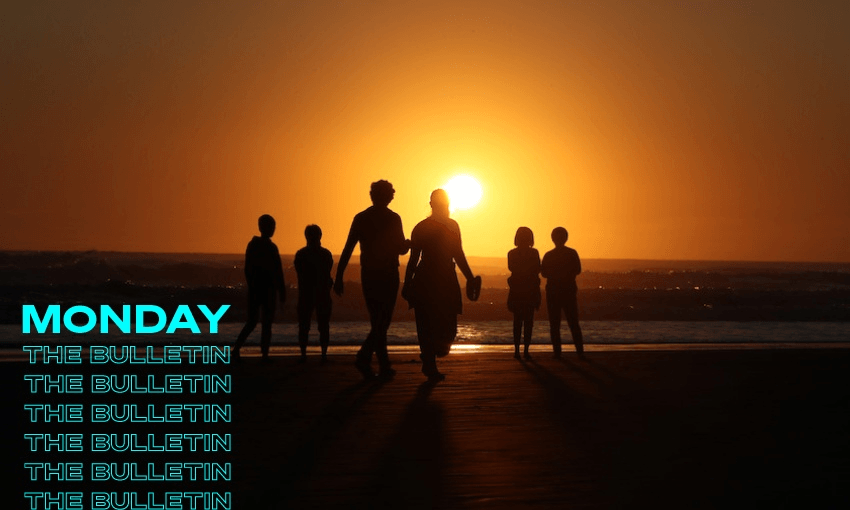From mandates to vaccine passes at your local cafe, Covid rules are likely to start coming down quickly after cabinet meets today, Justin Giovannetti writes in The Bulletin.
Nearly two years after the first lockdown, the government is rapidly dismantling the system of Covid restrictions.
Cabinet is expected to look later today at ending the country’s system of vaccine mandates and the use of vaccine passes. An announcement would come Wednesday. Officials have previously indicated that some mandates, like in health, will likely remain in place. As RNZ reports, the traffic light system will be part of cabinet’s review, but its settings could be tweaked instead of scrapped. As for passes and mandates, their days are likely numbered according to the prime minister, who said Friday the systems won’t “need to be used as widely any more”.
There’s wide support in parliament for an end to most pandemic restrictions.
National has said the government should move to a five-day isolation periods for positive cases, while dumping the traffic light system, mandates and pre-departure tests for arrivals. As Bridie Witton writes for Stuff, the opposition also wants to see an end to QR code scanning. Act has put forward similar ideas in the past. While some of those proposals might seem drastic after two years of pandemic restrictions, others might think they are sensible and overdue. As a sign of the changed times we are entering, officials quietly moved on Friday to allow unvaccinated New Zealanders to enter the country and skip managed isolation. The government still hasn’t acknowledged the change. As RNZ reports, all unvaccinated citizens in MIQ were released as the new rules took effect. Permanent residents and all other travellers will continue to need to be vaccinated to enter New Zealand.
Omicron has now likely peaked in Aotearoa: Michael Baker.
Auckland likely peaked in early March and the rest of the country probably followed in the last fortnight in a “Mexican wave”, Baker told the NZ Herald (paywalled). That doesn’t meant the pandemic or omicron are over, far from it. Some of the peaks across the country have been quite drawn out, especially in the South Island and around the capital. Hospitalisation numbers are still rising with an increase in deaths to follow. Omicron’s decline won’t be as fast as its rise, with the country now likely to hit its new baseline level of cases in May. That baseline won’t be the pre-omicron world, but will likely stick around a thousand or more daily cases, indefinitely.
The Spinoff’s Covid data tracker has the latest figures.
With the rules relaxing, we now face two new challenges.
The slowdown in the country’s major cities over the past few weeks, as hundreds of thousands choose to work remotely, isn’t due to lockdown. It’s personal choice. The end of restrictions won’t mean a return to 2019 living. Some restaurant owners in Auckland and Wellington told the Sunday Star-Times that they were being devastated by a lack of patrons. They blamed self-isolation rules, but it could also reflect the risk tolerance of New Zealanders during one of the world’s most significant omicron outbreaks. The rising cost of living isn’t a help either. How we adjust to omicron circulating is one challenge, now left with individuals rather than the collective. The second, also in the Sunday Star-Times, is how we deal as a society with the unvaccinated after the end of vaccine mandates. Some say they want people to stop treating them like outcasts, while others are done with vaccinated friends and family.
